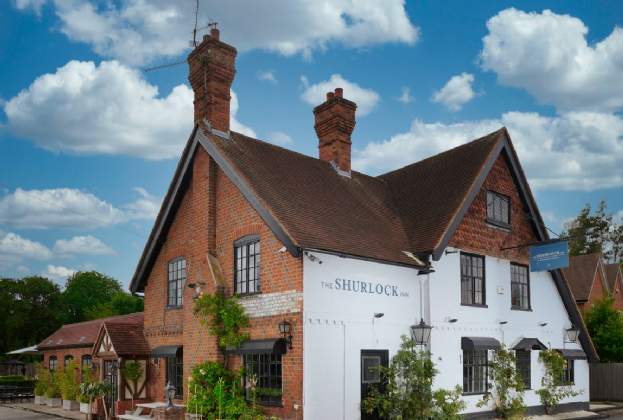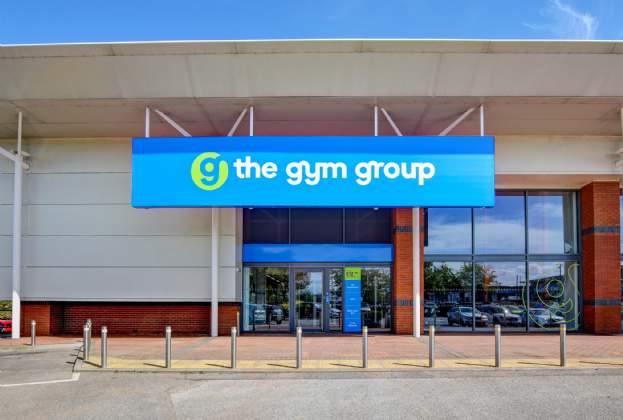The key challenge for pub companies, investors or anyone else wanting to buy in 2017 will be trying to find something that is actually available. In the coming year, the pub market will be defined by whether merger/acquisition activity or the rationalisation of some estates generates a sufficient number of opportunities for aspiring pub companies and multiple operators to be able to pick and choose new sites to buy.
Lots of pubs came to market between 2008 and 2013/14 because of the stretched state of some big pub companies. That is no longer the case and today there are relatively few distressed sales taking place. In fact, the majority of sales come through because the selling pub operators no longer believe the assets in question fit with their brand requirements, or are looking to upgrade the quality of their estates.
However, one constant has been that many bigger pub companies are not willing to compromise on location and that is unlikely to change. If a suitable site in a prime location does not exist, they will not necessarily look elsewhere. Instead, we anticipate more of them will convert other commercial buildings in urban areas. Where there is a market for them on the high street we may well return to the conversion of banks and retail spaces into pubs, as was the case in the mid to late-1990s.
This year we also expect the London market to continue thriving, but the growth seen in rents, premium and capital values in the last 12 months is likely to slow as operators absorb higher occupational costs given the rating revaluation. There will be a continued strong demand for freehold opportunities but, as the supply continues to lessen, we anticipate more demand for leases.
Investors will continue to pay a significant premium for London based assets, though we expect to see a narrowing in the gap between the value of those sites let to large PLCs and those operated by highly regarded emerging groups, particularly where the underlying vacant possession value of the asset is strong.
In both London and the regions, emerging groups will look for hidden gems in areas ripe for gentrification rather than chase sites in areas which have already reached saturation. This is already being seen in satellite towns around Manchester, such as Stockport and Altrincham, where a strong dining culture and good quality bar scene has emerged. This often begins with one independent operator establishing a successful venture in a traditionally less popular area, which then attracts high footfall and more good quality independent operators to the area. We expect to see much more of this in satellite towns around other big cities throughout 2017.
A version of this blog appeared in The Morning Advertiser
Further information
Contact Savills Licensed Leisure team
(1).jpg)


.jpg)


.jpg)


.jpg)
.jpg)